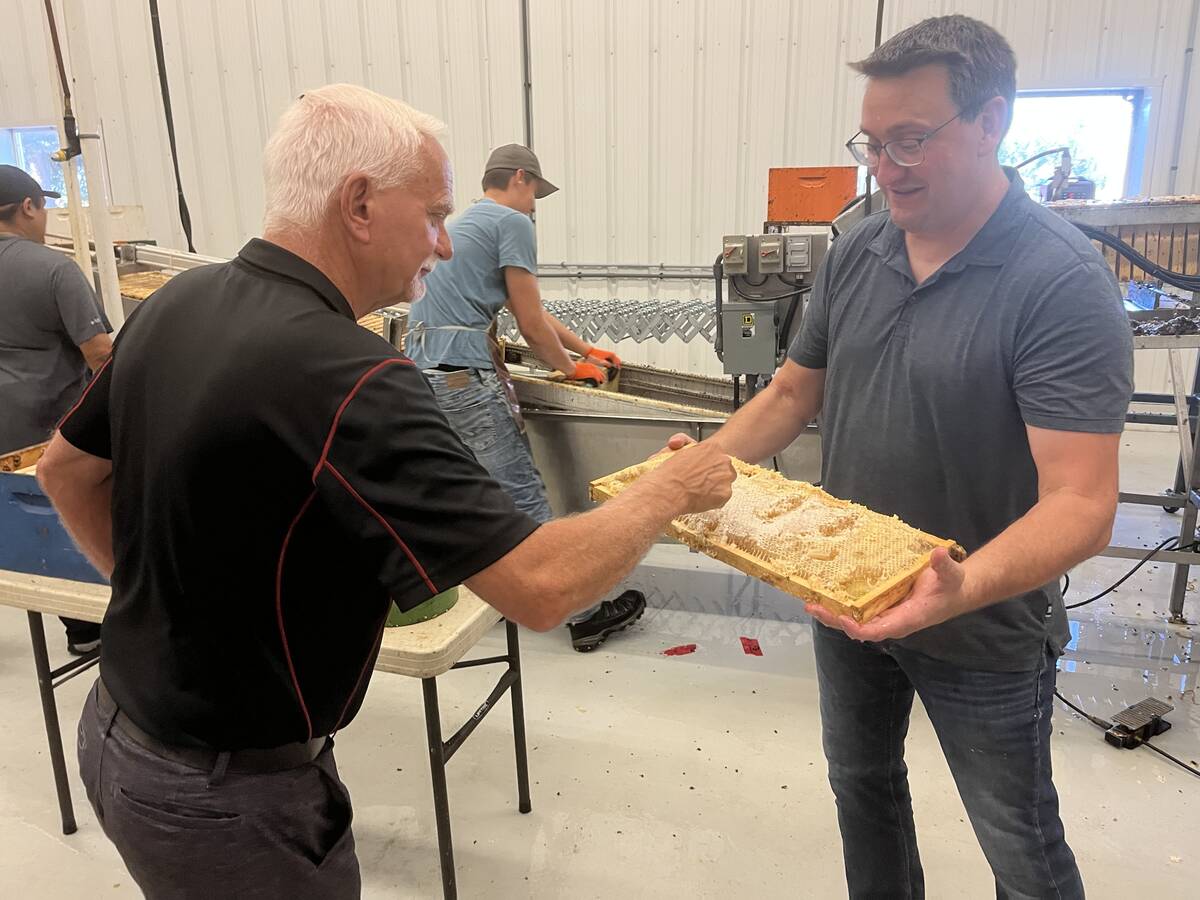Being a caregiver to parents is a task most of us will face. People live longer. Their later years often involve declining ability, and sons and daughters end up caring for them or arranging their care.
Eleanor Cade’s book, Taking Care of Parents Who Didn’t Take Care Of You: Making Peace with Aging Parents, applies to all who find themselves in a caretaking role with parents.
We cannot escape the past. If parents mistreated us, whether emotionally, verbally or physically, or their alcoholic or abusive lives affected us as children, they still affect us today.
Read Also

Alberta honey business ‘thrives’ despite bumpy beginnings
Thrive Honey showcases its honey production in market where Alberta produces 40 per cent of all honey produced in the country
When we become involved in their care, we need to realize they may not have changed. If they were controlling, or used guilt on us, this may still go on, and we have to deal with it. As young adults we could get away by leaving home and by limiting our contact with them. Now we need to be involved with them again because of their needs.
To deal with “this call, that we can’t refuse,” Cade suggests people get in touch with their feelings. One of these is sadness. As we face our own parents’ mortality, we also face our own.
If our past experiences are too painful, we may need to back away from being their caregiver. Much elder abuse is the result of old frustrations coming out at feeble people who can no longer protect themselves. This is when other family members or social agencies need to be involved.
But the key to moving beyond the pain and resentment of the past is to place it clearly where it needs to be placed – in the past. It is over.
Cade says, “the point is, our parents won’t change, but we can. Our parents and other members of our family may be irrational and unreasonable, but we can keep our cool and act sensibly.”
Her book is published by Hazelden and can be ordered at 800-257-7800. Next week, I will cover other ideas about being a caregiver to parents,.
Peter Griffiths is a mental health counsellor based in Prince Albert, Sask. His columns are intended as general advice only. His website is www.sasktelwebsite.net/petecope.
















